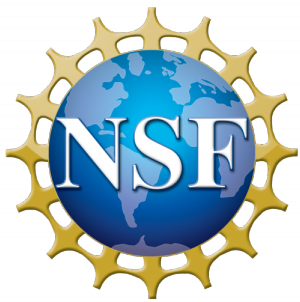January 1st, 2007 | EVALUATION
Produced by Thirteen/WNET New York and Nelvana International, the Award-winning series CYBERCHASE is the only mathematics series for children on American television. Designed for kids ages 8 to 12 and packed with mystery, humor, and action, each episode delivers positive messages about math by teaching concepts in a fun way that kids can understand. To inform the design of a planned major study of children's learning from multiple media (using materials from the mathematics series Cyberchase), a small-scale, quasi-experimental pilot study was conducted with 47 children in the third and fourth grades. The pilot study was intended to accomplish two primary purposes: 1) To provide a context for developing measures to assess change in children's mathematical problem solving and attitudes toward math, as well as empirical data to test the reliability, validity and usefulness of these measures and 2) to serve as an initial exploration of children's learning from multiple media. We do not expect to find statistically significant results, due to the small sample size. Yet, the data were intended to reveal trends that would inform the creation of empirically based hypotheses to be investigated in greater depth during the planned full study.
Document
Team Members
Shalom Fisch, Evaluator, MediaKidz Research & ConsultingThirteen/WNET, Contributor
Funders
Funding Source: NSF
Funding Program: ISE/AISL
Award Number: 0540279
Funding Amount: 1530000
Related URLs
Cyberchase Season 5: Math and Inventions: My Big Idea
Tags
Audience: Elementary School Children (6-10) | Evaluators | Middle School Children (11-13) | Museum | ISE Professionals
Discipline: Education and learning science | Mathematics
Resource Type: Evaluation Reports | Summative
Environment Type: Broadcast Media | Media and Technology

